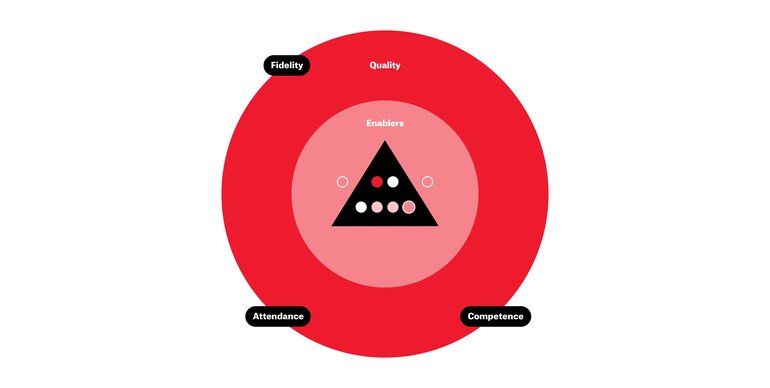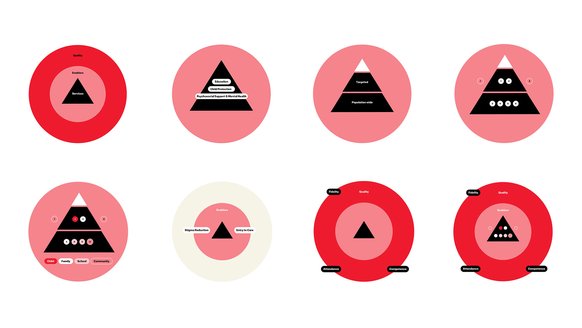Driving detection forward
“Two studies demonstrate that the tool is working. Community members accurately detected two out of three - or 70% of - children in need of mental health care. This is an important step towards improving access to mental health services in conflict-affected areas.”
Myrthe van den Broek, Researcher
Barriers to care
- The vast majority of children and youth in need of mental health care remain untreated - even when services are available
- Increasing the availability of mental health services by itself will not necessarily lead to more uptake of those services if demand-side barriers are overlooked
Common demand-side barriers include stigma, embarrassment, problems with recognizing symptoms and a preference for self-reliance.
Download The Tool
We've developed a tool to improve identification of mental health problems and promote help-seeking. ReachNow is made up of illustrated narratives depicting common examples of children experiencing emotional, behavioural and/or family problems. Each narrative is based on specific cultural idioms of distress to allow for simple identification – and can be adapted to the specific context in which it is used.
This simple, innovative format is inexpensive - and allows for widespread distribution. Download the tool here.
Illustrated narratives
The page of illustrations is paired with a simple decision diagram - which allows trained community facilitators to identify children and families in need of support.
Facilitators can then refer people in need to an in-depth assessment performed by a trained professional - allowing for care or further referral to available services.
Our partners
The implementation of ReachNow simply wouldn't be possible without the support of a variety of local and international partners.
These partners include SOS Children's Villages, TPO Uganda, the Palestinian Counselling Center and ESCO.
Countries
Two accuracy evaluations have been completed. One in schools in the occupied Palestinian territory and one in community settings in Sri Lanka. Further research into the effectiveness of the tool is ongoing in Uganda.
70%
The combined percentage of children who were accurately detected as in need of mental health care during our studies in Sri Lanka and the occupied Palestinian territory.
The need for care was determined following a clinical interview with a mental health professional. Read the studies:
MMAP by UNICEF
UNICEF has adopted ReachNow into its new MMAP initiative. With the support of experts, the initiative sets out to develop a data collection tool to measure mental health among adolescents - primarily in low- and middle-income countries.
Help-seeking
Thanks to key funding, we have started an exciting new partnership with TPO Uganda. Together we are conducting research to determine the effectiveness of proactive case detection and help-seeking encouragement using ReachNow. Specifically, we are looking at how many children and youth detected by the tool go on to seek mental health care at TPO.
Promoting Help-Seeking
Proactive case detection needs to be combined with strategies to overcome other intersecting barriers to mental health care. That's why we are developing additional strategies to further promote help-seeking behaviours among children and adolescents in conflict-affected settings.
Research and development
How we ensure our work with children is effective

The War Child Care System is made up of nine Core Interventions, developed to address the urgent needs of conflict-affected children and their communities. These interventions are supported by a number of tools and enabling trajectories that serve to promote access to care and a process of localisation.
Meet our Research and Development Team
Myrthe is a PhD researcher at the University of Amsterdam with a Master of Science (MSc) in Anthropology. Myrthe is also a member of War Child’s Research and Development team where she leads our efforts to increase access to adequate services for children and adolescents in humanitarian settings.
Team members: Puvaneswary Ponniah, Sandra Agondeze, Rosco Kasujja, and Mark Jordans.


